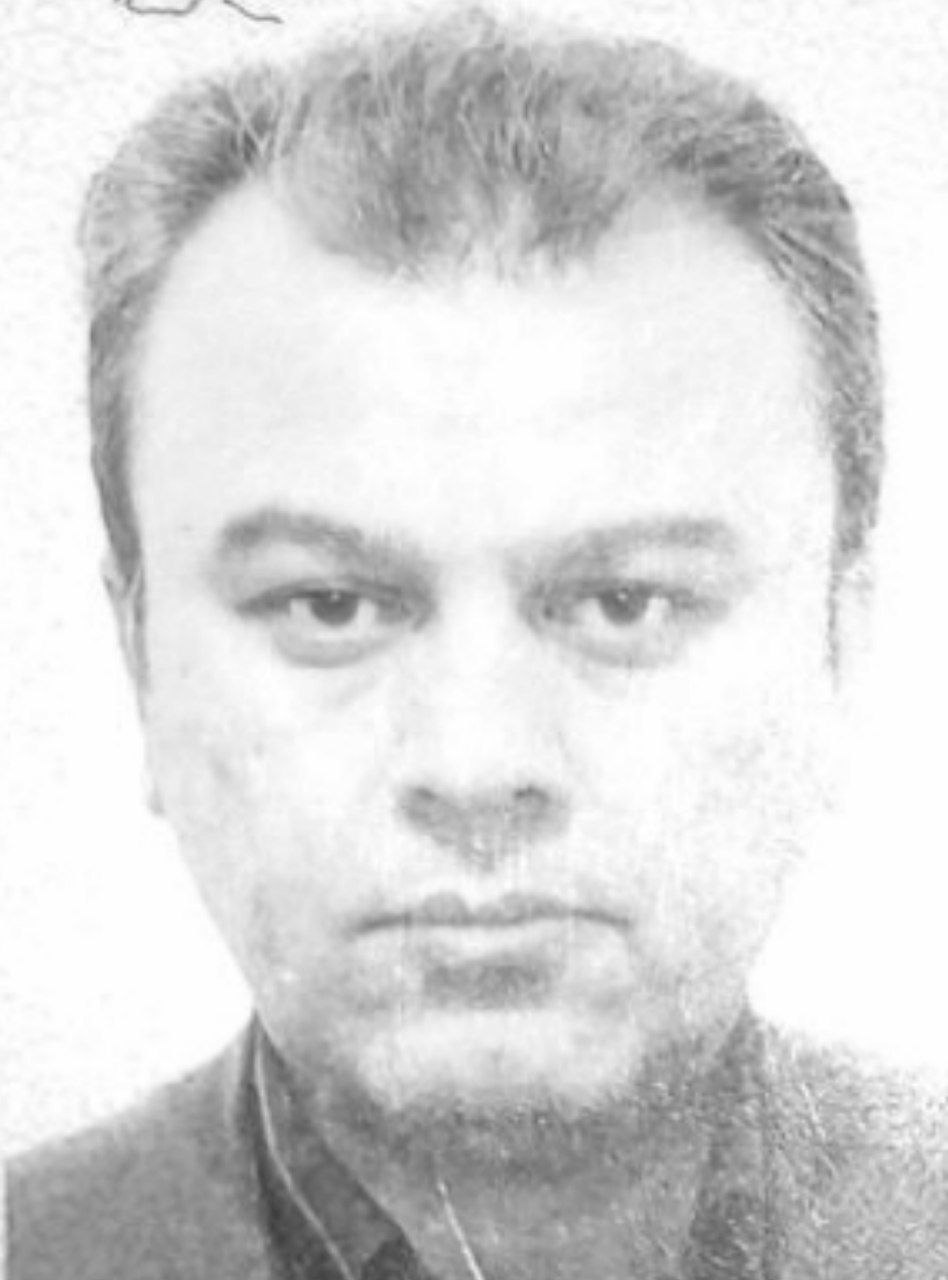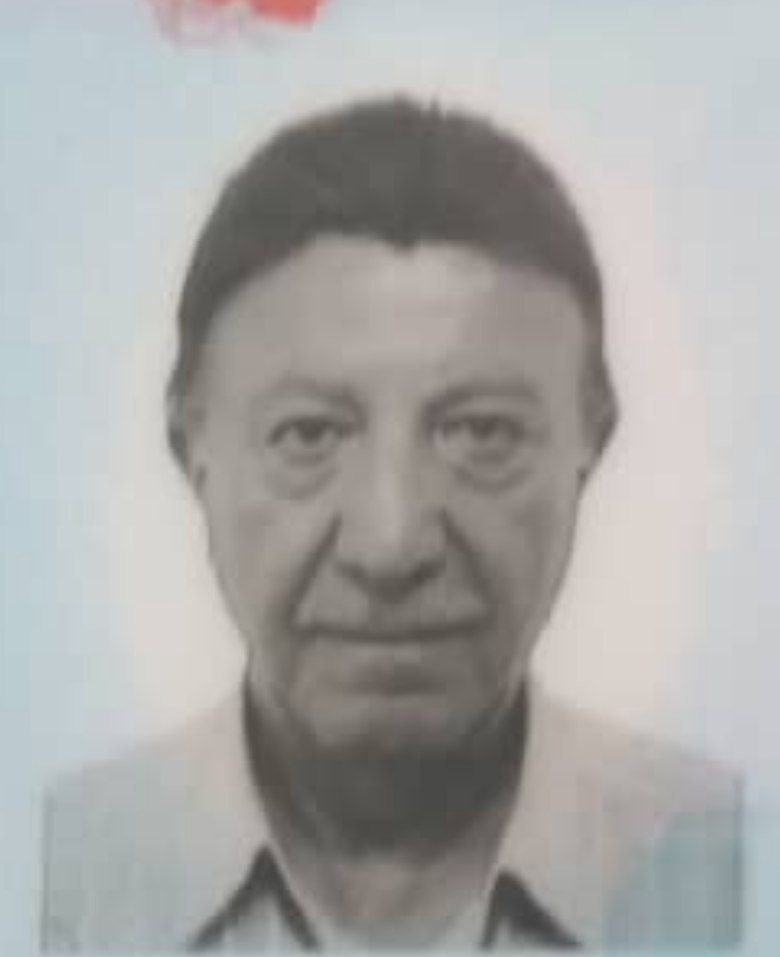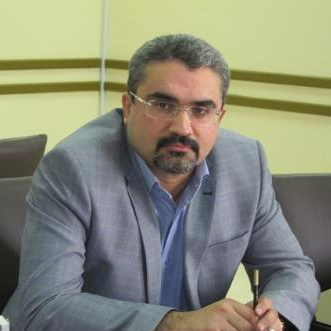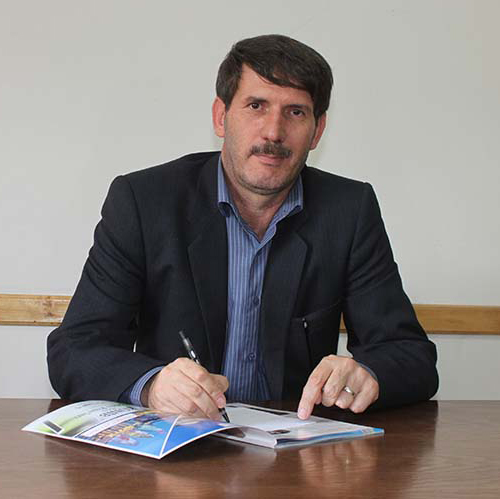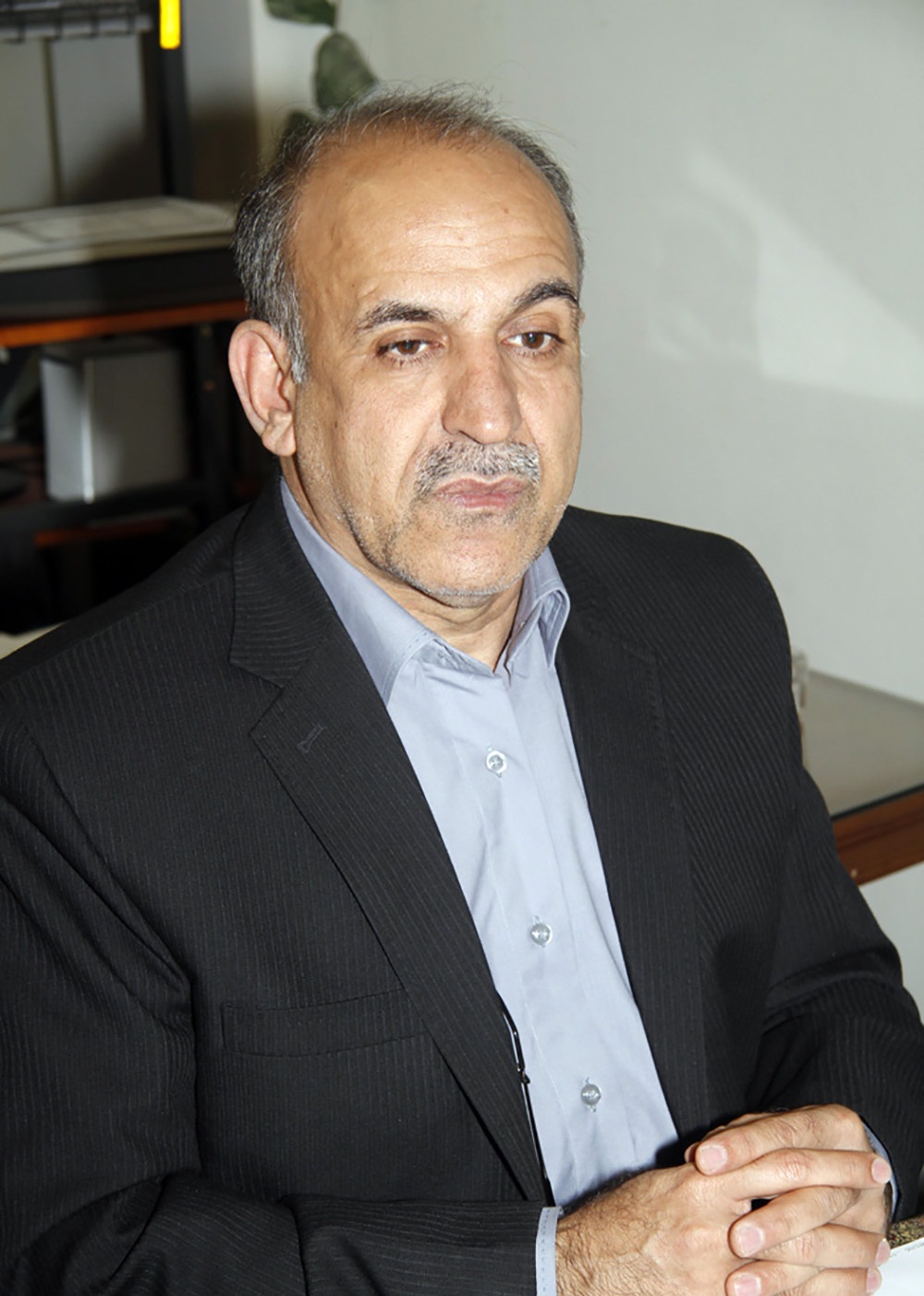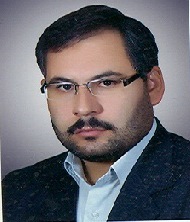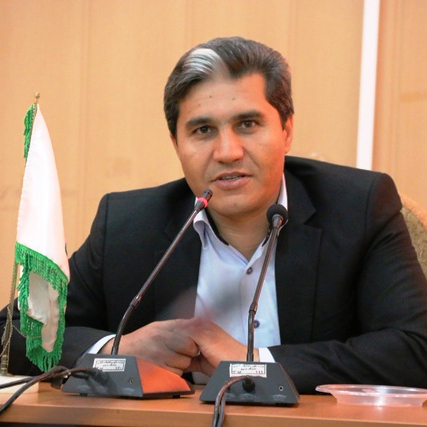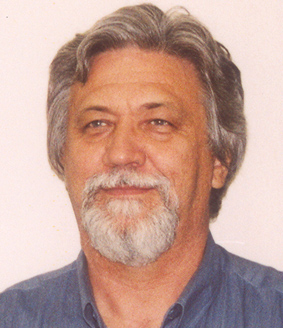اثر بخشی زوج درمانی هیجان مدار بر عملکرد جنسی در زنان آسیب دیده از خیانت همسر
کلمات کلیدی:
عملکرد جنسی, زوج درمانی هیجان مدار, زنان آسیب دیده از خیانت همسرچکیده
هدف: پژوهش حاضر، با هدف تعیین اثر بخشی زوج درمانی هیجان مدار بر عملکرد جنسی زنان آسیب دیده از خیانت همسر انجام شده است.
روششناسی: مطالعه حاضر از نوع نیمه آزمایشی که در آن از طرح پیش آزمون - پس آزمون با گروه کنترل با سنجش در خط پایه پس از مداخله و پیگیری 3 ماهه انجام گرفت. تعداد 105 نفر از زنان آسیب دیده از خیانت همسر مراجعه کننده مراکز مشاوره و کلینیکهای خدمات روانشناختی اداره بهزیستی منطقه 1 شهر تهران در بازه زمانی اردیبهشت تا شهریور در سال 1402 با در نظر گرفتن معیارهای ورودی، 30 نفر از کسانی که تمایل به شرکت در تحقیق را داشتند (با اخذ رضایت کتبی) انتخاب و از طریق جایگزینی تصادفی به شیوه زیر صورت پذیرفت و به طور تصادفی به گروه آزمایش (درمان هیجان محور و گروه کنترل هر کدام 15 نفر) گماشته شدند. کلیه شرکت کنندگان پرسشنامه عملکرد جنسی را در سه مرحله تکمیل و اندازهگیری قرار گرفت. جلسات درمان مذکور درمان زوج درمانی هیجان مدار (8جلسه 90 دقیقهای) به صورت گروهی انجام گرفت. فرضیه مربوط به اثربخشی مداخله پژوهش با استفاده از تحلیل واریانس با اندازه گیری مکرر و آزمون تعقیبی بونفرونی تحلیل شدند.
یافتهها: نتایج پژوهش حاضر نشان داد میانگین متغیر عملکرد جنسی در مرحله پیش آزمون بین دو گروه تفاوت معنی داری وجود ندارد که نشانگر همگن بودن دو گروه پژوهش در مرحله پیش آزمون است، اما تفاوت بین دو گروه در مراحل پس آزمون و پیگیری تفاوت معنی داری بود که میتواند حاکی از اثربخشی مداخله مذکور بر متغیر ذکر شده و نیز پایداری اثربخشی در مرحله پیگیری بوده است (001/0>P).
نتیجهگیری: نتایج این پژوهش نشان داد که زوج درمانی هیجان مدار میتواند در بهبود عملکرد جنسی زنان آسیب دیده از خیانت همسر به عنوان مداخلات روانشناسی استفاده شود.
دانلودها
مراجع
Akrami, S. (2022). Evaluation of the Effectiveness of Acceptance and Commitment-based Education on Emotional Self-disclosure and Marital Commitment of Women Referring to Gonbad Kavous Clinics. International Journal of Education and Cognitive Sciences, 3(2), 23-29. https://doi.org/10.22034/injoeas.2022.160610
Ammari, S., Deyreh, E., Keykhosrovani, M., & Ganji, K. (2023). The Effectiveness of Couple Therapy on Depressive Symptoms and Sexual Function in Women Affected by Infidelity. Razi Journal of Medical Sciences, 29(7), 54-63. https://www.magiran.com/paper/2520730
Babaei, F., Abdollahi, M., Amini Gilvani, M., & Masoomifard, M. (2024). The Mediating Role of Theory of Mind in the Relationship Between Executive Functions and Marital Burnout Using Structural Equation Modeling and Artificial Neural Networks (SEM-ANN). International Journal of Education and Cognitive Sciences, 5(4), 62-73. https://doi.org/10.61838/kman.ijecs.5.4.7
Beasley, C. C., & Ager, R. (2019). Emotionally Focused Couples Therapy: A Systematic Review of Its Effectiveness Over the Past 19 Years. Journal of Evidence-Based Social Work, 16(2), 144-159. https://doi.org/10.1080/23761407.2018.1563013
Behrang, K., Koraei, A., Shahbazi, M., & Abbaspour, Z. (2021). Effects of Emotionally-Focused Couples Therapy on the Marital Intimacy and Harmony of Maladjusted Couples in Behbahan, Iran. Journal of Health Reports and Technology, 8(1). https://doi.org/10.5812/jhrt.118504
Behrang, K., Koraei, A., Shahbazi, M., & Abbaspour, Z. (2022). Effects of Emotionally Focused Therapy on Sexual Assertiveness, Marital Forgiveness, and Marital Harmony in Maladjusted Couples. Journal of Research and Health, 12(3), 177-184. https://doi.org/10.32598/jrh.12.3.1986.1
Beni, Z. H. M. (2023). Strategies Against Domestic Violence and Its Consequences Amongst Iranian Women: A Review Study. Journal of Multidisciplinary Care, 12(1), 46-55. https://doi.org/10.34172/jmdc.77
Brigance, C. A., Brown, E., & Cottone, R. R. (2020). Therapeutic Intervention for Couples Experiencing Infertility: An Emotionally Focused Couples Therapy Approach. The Family Journal, 29(1), 72-79. https://doi.org/10.1177/1066480720973420
Dalgleish, T., Johnson, S. M., Moser, M. B., Lafontaine, M. F., Wiebe, S. A., & Tasca, G. A. (2014). Predicting Change in Marital Satisfaction Throughout Emotionally Focused Couple Therapy. Journal of marital and family therapy, 41(3), 276-291. https://doi.org/10.1111/jmft.12077
Dalgleish, T., Johnson, S. M., Moser, M. B., Wiebe, S. A., & Tasca, G. A. (2014). Predicting Key Change Events in Emotionally Focused Couple Therapy. Journal of marital and family therapy, 41(3), 260-275. https://doi.org/10.1111/jmft.12101
Faghih, S., & Kazemi, H. (2019). Effectiveness of Emotionally Focused Couples Therapy on the Control of Infertile Couples’ Emotions. Journal of Holistic Nursing And Midwifery, 31-36. https://doi.org/10.32598/jhnm.29.3.153
Hosseini, S. A. (2024). Comparison of the Effectiveness of Cognitive Behavioral Therapy and Schema Therapy on Emotional Regulation and Resilience of Mothers with Children with Attention Deficit/Hyperactivity Disorder. Journal of Psychological Dynamics in Mood Disorders (PDMD), 3(1), 12-29. https://doi.org/10.22034/pdmd.2024.442238.1045
Houshmandi, R. (2022). The effectiveness of couple therapy based on the McMaster functional model on family resilience and psychological hardiness among couples on the verge of divorce. Journal of Psychological Dynamics in Mood Disorders, 1(1), 51-55. https://ijpdmd.com/article_177547.html
Javidan, L. (2022). The effectiveness of couple therapy with EIS model on positive and negative emotions and marital adjustment of couples. Journal of Psychological Dynamics in Mood Disorders (PDMD), 1(3), 20-30. https://ijpdmd.com/article_180410.html
Johnson, S. M. (2010). Emotionally Focused Couple Therapy. https://doi.org/10.1037/v00447-001
Johnson, S. M. (2012). New Research Findings on Emotionally Focused Therapy: Introduction to Special Section. Journal of marital and family therapy, 38(s1), 18-22. https://doi.org/10.1111/j.1752-0606.2012.00292.x
Johnson, S. M. (2019). The Practice of Emotionally Focused Couple Therapy. https://doi.org/10.4324/9781351168366
Johnson, S. M., Simakhodskaya, Z., & Moran, M. (2018). Addressing Issues of Sexuality in Couples Therapy: Emotionally Focused Therapy Meets Sex Therapy. Current Sexual Health Reports, 10(2), 65-71. https://doi.org/10.1007/s11930-018-0146-5
Moser, M. B., Johnson, S. M., Dalgleish, T., Lafontaine, M. F., Wiebe, S. A., & Tasca, G. A. (2015). Changes in Relationship‐Specific Attachment in Emotionally Focused Couple Therapy. Journal of marital and family therapy, 42(2), 231-245. https://doi.org/10.1111/jmft.12139
Rathgeber, M., Bürkner, P. C., Schiller, E.-M., & Holling, H. (2018). The Efficacy of Emotionally Focused Couples Therapy and Behavioral Couples Therapy: A Meta‐Analysis. Journal of marital and family therapy, 45(3), 447-463. https://doi.org/10.1111/jmft.12336
Roghani, F., & Afrokhte, L. (2023). The Effectiveness of Teaching Emotional Intelligence Skills on Burnout and Academic Self-Regulation in Elementary School Girls with Attention Deficit Disorder. Journal of Psychological Dynamics in Mood Disorders (PDMD), 2(3), 62-74. https://doi.org/10.22034/pdmd.2023.188391
Sandberg, J. G., Brown, A. P., Schade, L. C., Novak, J. R., Denton, W. H., & Holt-Lunstad, J. (2015). Measuring Fidelity in Emotionally Focused Couples Therapy (EFT): A Pilot Test of the EFT Therapist Fidelity Scale. American Journal of Family Therapy, 43(3), 251-268. https://doi.org/10.1080/01926187.2015.1034637
Sandberg, J. G., & Knestel, A. (2011). The Experience of Learning Emotionally Focused Couples Therapy. Journal of marital and family therapy, 37(4), 393-410. https://doi.org/10.1111/j.1752-0606.2011.00254.x
Schade, L. C., & Sandberg, J. G. (2012). Healing the Attachment Injury of Marital Infidelity Using Emotionally Focused Couples Therapy: A Case Illustration. American Journal of Family Therapy, 40(5), 434-444. https://doi.org/10.1080/01926187.2011.631374
Stavrova, O., Pronk, T., & Denissen, J. J. A. (2022). Estranged and Unhappy? Examining the Dynamics of Personal and Relationship Well-Being Surrounding Infidelity. Psychological Science, 34(2), 143-169. https://doi.org/10.1177/09567976221116892
Wiebe, S. A., & Johnson, S. M. (2016). A Review of the Research in Emotionally Focused Therapy for Couples. Family Process, 55(3), 390-407. https://doi.org/10.1111/famp.12229
Wiebe, S. A., Johnson, S. M., Lafontaine, M. F., Moser, M. B., Dalgleish, T., & Tasca, G. A. (2016). Two‐Year Follow‐up Outcomes in Emotionally Focused Couple Therapy: An Investigation of Relationship Satisfaction and Attachment Trajectories. Journal of marital and family therapy, 43(2), 227-244. https://doi.org/10.1111/jmft.12206
Wiebe, S. A., Johnson, S. M., Moser, M. B., Dalgleish, T., & Tasca, G. A. (2016). Predicting Follow‐up Outcomes in Emotionally Focused Couple Therapy: The Role of Change in Trust, Relationship‐Specific Attachment, and Emotional Engagement. Journal of marital and family therapy, 43(2), 213-226. https://doi.org/10.1111/jmft.12199









